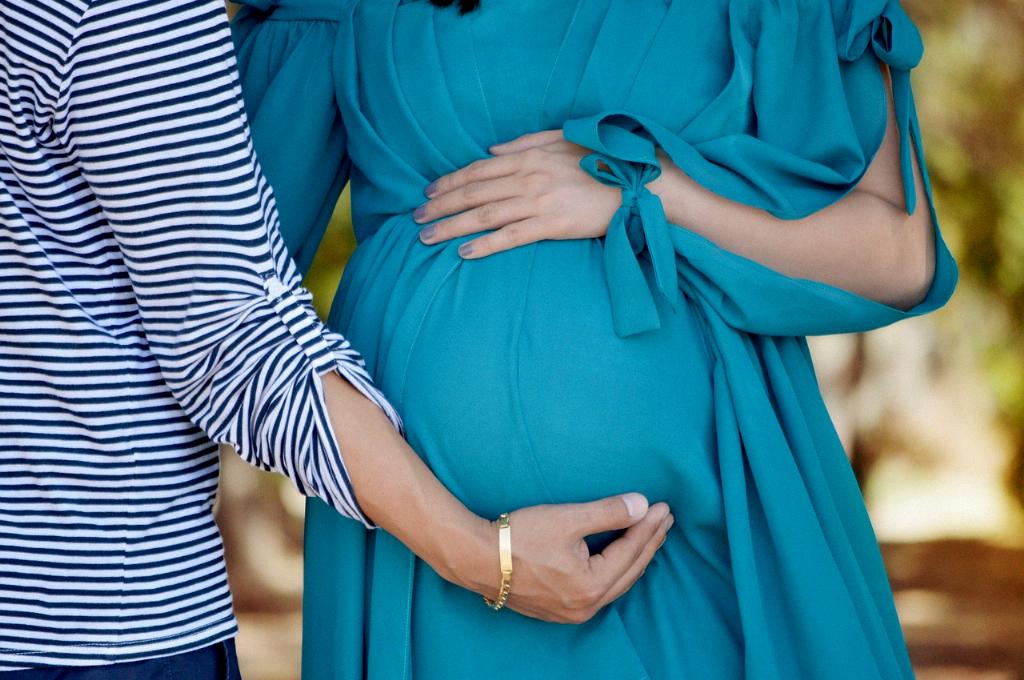Down syndrome is a genetic condition that occurs in individuals of all races and socio-economic backgrounds. It is caused by the presence of an extra copy of chromosome 21, resulting in physical characteristics and intellectual disabilities.
When it comes to the likelihood of having a baby with Down syndrome, one of the key factors to consider is the mother’s age. The risk increases as the mother gets older, with the chances ranging from 1 in 1250 for a 25-year-old mother to about 1 in 100 for a 40-year-old mother.
Surprisingly, despite the common belief that older mothers are at a higher risk, about 80% of babies born with Down syndrome are actually born to women under the age of 35. This statistic highlights the importance of understanding that the condition can occur in pregnancies of women of varying ages.
It is crucial to note that the age of the father does not have a significant impact on the likelihood of having a baby with Down syndrome. While advanced paternal age can be linked to other genetic conditions, the risk of Down syndrome is primarily associated with maternal age.
Another important aspect to consider is prenatal screening and testing. Through various tests such as ultrasound and blood screenings, healthcare providers can assess the likelihood of a fetus having Down syndrome. These tests can provide valuable information to parents, allowing them to make informed decisions about their pregnancy.
It is essential for individuals to understand that the odds of having a baby with Down syndrome are not definitive and can vary based on individual circumstances. While age is a significant factor, it is not the sole determinant of the condition.
Despite the potential challenges that may come with raising a child with Down syndrome, it is important to recognize that these individuals lead full and meaningful lives. With access to proper support and resources, individuals with Down syndrome can thrive and contribute to society in various ways.
Ultimately, the likelihood of having a baby with Down syndrome should not be a source of fear or stigma. Each child is unique and brings their own set of gifts and talents to the world, regardless of any genetic conditions they may have.
By raising awareness and promoting acceptance and inclusion, we can create a society that celebrates the diversity of all individuals, including those with Down syndrome. It is through education and understanding that we can break down barriers and foster a more inclusive world for everyone.
In conclusion, the odds of having a baby with Down syndrome are impacted by various factors, with maternal age being a significant contributor. However, it is important to approach this topic with compassion, empathy, and an open mind, recognizing the inherent value and worth of every individual, regardless of their genetic makeup.

